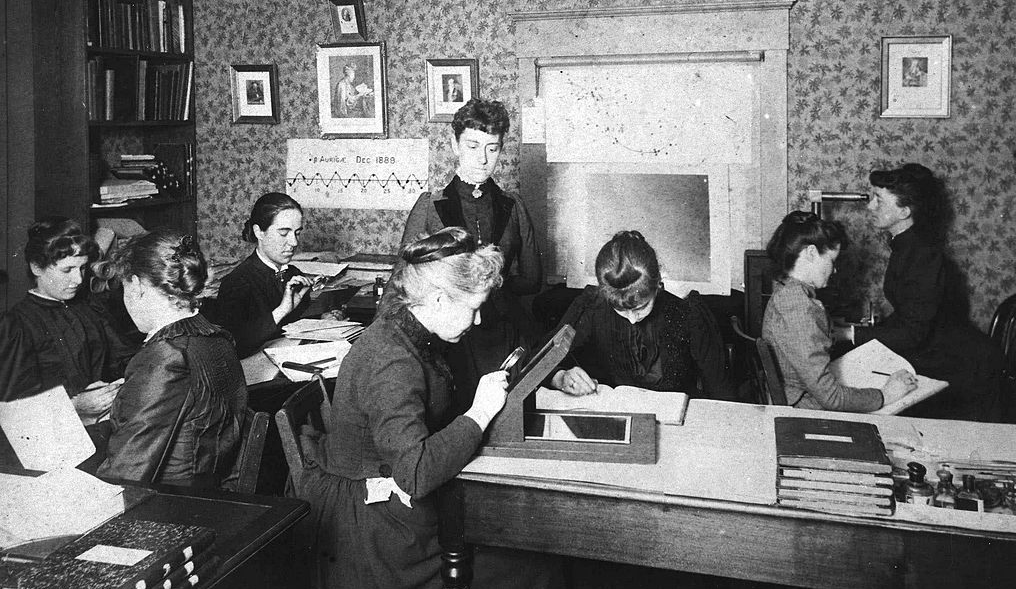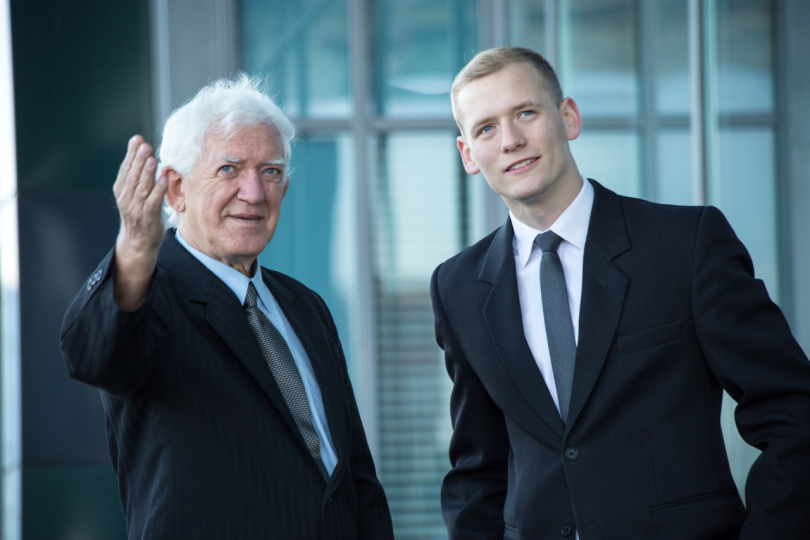
Trapped by a Flexible Schedule: The Pain and Price of Freelance Work
A flexible schedule is one of the main advantages of freelance work. But don’t rejoice in your freedom just yet: self-employment often disrupts the balance between life and work and takes up more time than traditional office work. HSE University researchers Denis Strebkov and Andrey Shevchuk investigated the downsides of independent work.

Work That Kills: The Danger of Nonstandard Working Schedules
More than 64% of employed Russians work evenings, nights or weekends, and this is one of the highest figures among European countries. Andrei Shevchuk and Anna Krasilnikova were the first to study the extent of nonstandard working hours in Russia and its impact on work-life balance.

Personality at Work
The way one thinks, feels and acts in certain circumstances can determine career opportunities in terms of employment and pay. For the first time in Russia, Ksenia Rozhkova has examined the effect of personality characteristics on employment.

Gender Inequality in Academia
In Russia, women earn about 70% of what men earn in wages. In the academic sector, this gap is smaller. However, although women make up a majority at universities, wage gaps between the two genders still persist. To find out why this is the case, IQ.HSE spoke with Victor Rudakov, Research Fellow at the Institute of Institutional Studies.
-%D1%80%D0%B0%D0%B1%D0%BE%D1%82%D0%BD%D0%B8%D1%86%D1%8B%20%D0%BE%D1%84%D0%B8%D1%81%D0%B0%20%D0%B2%20%D1%80%D1%8F%D0%B4.jpg)
Graduate Salary Expectations in Russia
Students of engineering and economics, undergraduates of state universities, high performers, young people from wealthier families, and those working part-time while at university tend to expect higher salaries upon graduation.

Russians with Degrees: Where Are They Employed?
Russia has a problem with the under-utilisation of education. Almost 30% of employees with university degrees report no connection whatsoever between their training and current occupation, according to Elena Varshavskaya's paper 'Where and in what jobs highly educated Russians work.'

Employers Increasingly Find Employees Online
The internet has changed how people approach job hunting and recruitment. Employment websites and social networks are now competing with personal connections as the key channel for offering and finding jobs and have replaced most other channels, according to Sergey Roshchin, Sergei Solntsev and student at the HSE ICEF Dmitry Vasilyev's paper 'The Evolution of Job Hunting and Recruitment in the Internet Age'.

Fathers and Sons Don’t Compete on Labour Market
Younger and older employees are not competitors on the labour market. The possible increase in the retirement age and, accordingly, increased employment among the elderly won’t add to youth unemployment and won’t limit the opportunities for young people’s employment. These are the findings made by Sergey Roshchin and Victor Lyashok in their study ‘Younger and older employees on the Russian labour market: substitutes or not?’
Robots Will Change the Job Market to Our Benefit
Will robots eventually make people jobless? That ‘s an issue that has recently been under a lot of discussions with some publications predicting that around 40% of jobs will disappear in the nearest decade due to the advent of technology. But is the future indeed so gloomy? Sir Christoper Pissarides, 2010 Nobel Prize winner, Regius Professor of Economics at LSE, disagrees. In his honorary lecture at HSE ICEF Prof Pissarides discussed various issues concerning the future of work and employment in the age of robots.

What Employers Expect from Graduates
School reputation and graduating with honours are not as important for future employers as graduates' personal qualities and work experience, according to Natalia Bondarenko and Tatiana Lysova's study "Job Search Models, Recruitment Criteria, and Competence and Skill Assessment of Vocational Education Graduates: Employer Perspective." In 2015, they analysed the findings from a survey of 1,019 CEOs of Russian companies in six industries (manufacturing, communications, construction, transport, trade and services) as part of the Monitoring of Educational Markets and Organisations (MEMO) project conducted by the HSE jointly with the Levada Centre.


Deadline for submissions - June 23, 2025